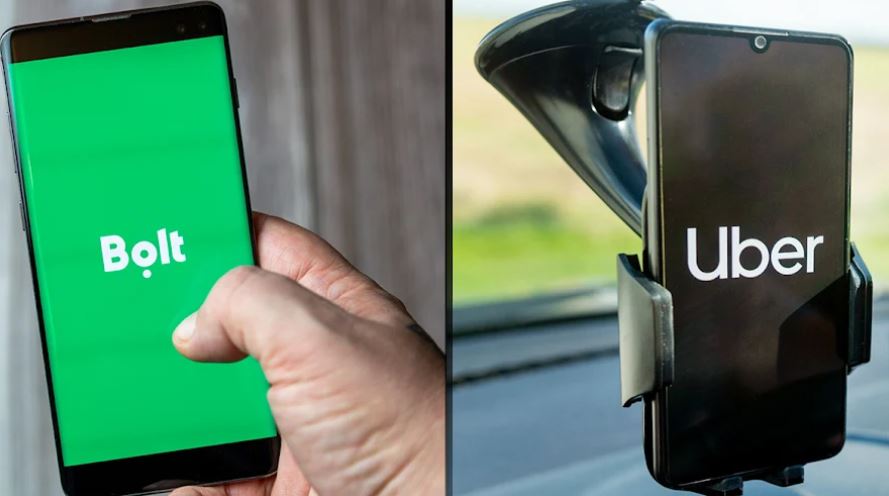Physical Address
60 Ekwema Cres, Layout 460281, Imo
Physical Address
60 Ekwema Cres, Layout 460281, Imo

South African e-hailing drivers in the Western Cape region have decided to storm their provincial legislature to protest against unfair practices by e-hailing companies like Uber and Bolt.
The e-hailing drivers and operators plan to demand government intervention in their plight to create a safer industry, by primarily beefing up in-app security and ensuring stringent customer onboarding processes.
The protest will take place on Tuesday, September 17, and is a continuation of its resolution to boycott the apps and take specific actions every pen ultimate Tuesday of every month till December 2024.

The Secretary of the Western Cape E-hailing Association (WCEA), Omar Parker, disclosed the plan to Technext.
He said, “We have been protesting against a lack of government intervention to end basic human rights violations by app companies for over 10 years. We demand the government to regulate the industry and end the abuse now.”
Also Read: Bolt and Uber Could Raise Prices in Kenya Due to Government’s 6% ‘Significant Presence’ Tax
E-hailing drivers in South Africa complained that the apps often deactivate or block drivers’ accounts for reasons that include allegations of unsafe driving, fraudulent activity, poor customer service, or even customer complaints. The drivers highlighted that the reasons were often exaggerated and not investigated.
According to the drivers, the action also has a devastating effect on drivers who depend on the job to sustain their families.
However, the companies argue that these measures are necessary to maintain safety and service standards.
The WCEA further told Technext, “We believe that many of the claims used to justify deactivations are either exaggerated or completely false. Often, drivers are not given a fair opportunity to defend themselves against the accusations. They might be deactivated without prior warning or adequate explanation.”
“Also, many deactivations are based on customer complaints, which may not always be truthful or accurate. A single negative rating or complaint can sometimes lead to a driver being unfairly blocked.”
The driver’s complaint is coupled with the protest against the e-hailing ride prices, which are not aligned with the increased fuel prices.
Marko on the MyBroadBand forum said, “‘It’s something they are going to be dropping soon, because it’s not worth the money.”
“They get robbed, petrol and insurance are through the roof and then you still have to deal with Cops giving you issues. A 60km trip cost me around R200… which is below AA rates. Plus the driver needed to still work his way back.”
Interested in reading more? Interact with us here:
Facebook: Silicon Africa.
Instagram: Siliconafricatech.
Twitter: @siliconafrite